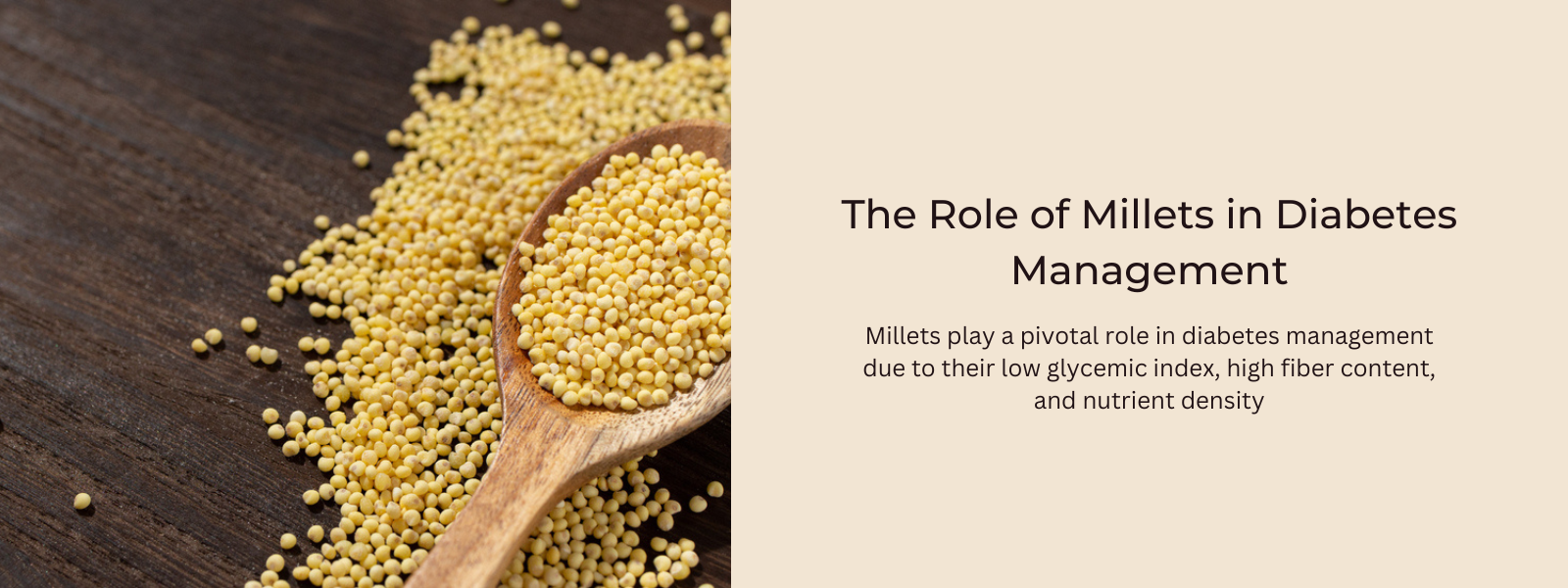Millets stand out as a healthier alternative to traditional grains due to their impressive nutritional profile. They are rich in essential nutrients such as fiber, protein, vitamins, and minerals like iron, magnesium, and zinc. What sets millets apart is their lower glycemic index compared to refined grains, which helps in better blood sugar control and reduces the risk of diabetes. Additionally, millets are gluten-free, making them suitable for individuals with gluten intolerance. Their higher antioxidant content further boosts their health benefits by providing anti-inflammatory and immune-supporting properties. Incorporating millets into a balanced diet not only enhances nutritional intake but also promotes overall health and well-being.
Table of Contents
Nutritional Benefits of Millets:
Millets are highly nutritious grains that have gained popularity for their health benefits. They are rich in essential nutrients such as vitamins, minerals, and dietary fiber. Millets are gluten-free, making them suitable for people with celiac disease or those who are gluten-sensitive. They provide complex carbohydrates that are digested slowly, leading to a steady release of glucose into the bloodstream, which helps maintain stable energy levels. Millets also contain significant amounts of protein, which is essential for muscle growth and repair.
Healthier Alternative to Traditional Grains:
Millets offer several advantages over traditional grains like wheat and rice. One of the key differences is their nutrient profile. Millets are often higher in fiber and have a lower glycemic index compared to wheat and rice. This means they can help regulate blood sugar levels and may reduce the risk of type 2 diabetes. Additionally, millets are rich in antioxidants such as phenolic compounds and flavonoids, which have anti-inflammatory and immune-boosting properties.
Differences from Traditional Grains:
Millets differ from traditional grains in their cultivation requirements and nutritional content. Unlike wheat and rice, which are water-intensive crops, millets are hardy and can thrive in semi-arid conditions with minimal water. This makes them more environmentally sustainable. Nutritionally, millets contain higher levels of micronutrients like iron, zinc, and magnesium compared to refined grains. They also offer a broader range of vitamins, including B vitamins like niacin and riboflavin.
Millets vs. Traditional Grains:
Choosing between millets and traditional grains depends on individual health goals and dietary preferences. Millets have a lower glycemic index, which can be beneficial for managing blood sugar levels and weight control. They are also naturally gluten-free, making them suitable for those with gluten intolerance. However, traditional grains like wheat and rice are staple foods in many cultures and provide essential nutrients as well. Whole grains of wheat and brown rice can also be nutritious choices when consumed in their unrefined forms.
Conclusion:
In conclusion, millets represent a nutritious and sustainable alternative to traditional grains like wheat and rice. They offer a range of health benefits, including lower glycemic index, higher fiber content, and richer nutrient profile. Incorporating millets into your diet can contribute to better overall health, especially for those looking to manage blood sugar levels or adhere to a gluten-free diet. However, it's essential to balance dietary choices based on individual needs and preferences. By diversifying grains and incorporating millets, you can enjoy their nutritional benefits while adding variety and sustainability to your diet.











Leave a comment